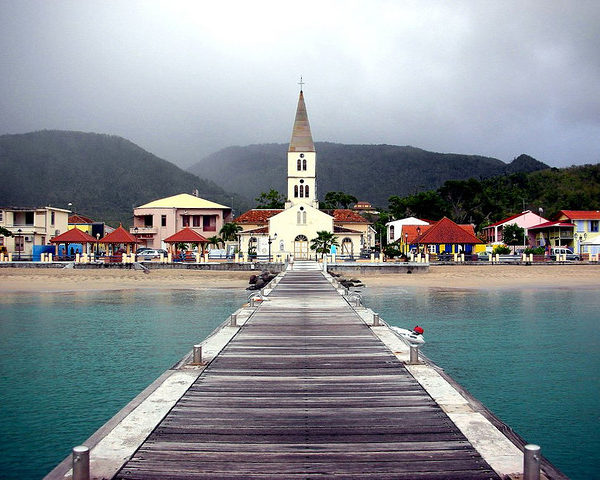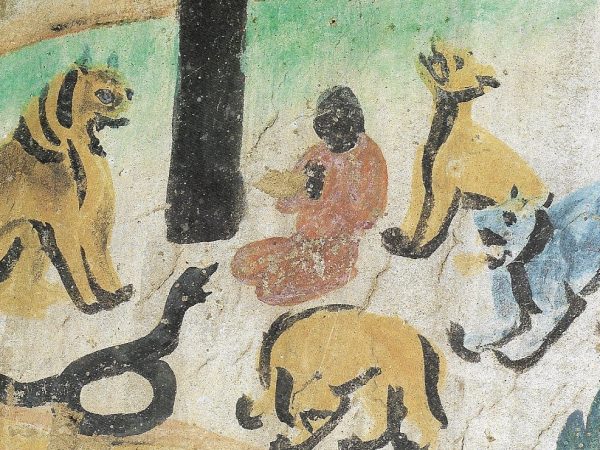
These books demonstrate that animal studies as a new field offers a powerful perspective for understanding the history shared with our companions in the multi-species universe.
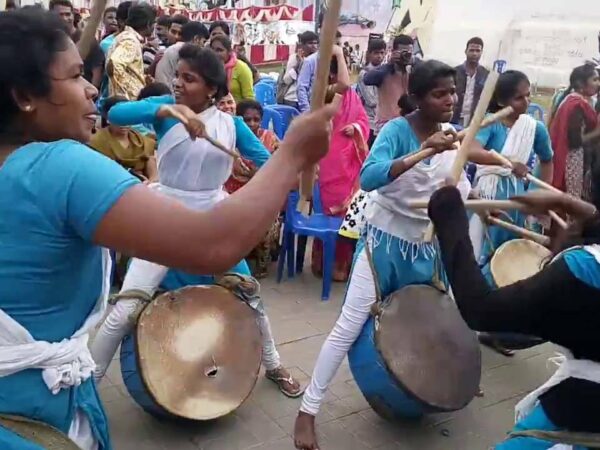
A political theology of the transfiguration of Jesus has to expose and transgress the elevation of whiteness as divine, as a norm and as something superior to multi-coloured local expressions of faith. It also calls us to celebrate the mystery of transfiguration as trans-figuration of the body ethic of Jesus and of all humanity.

Ranajit Guha had helped establish the Subaltern Studies school, and thus moulded the birth of postcolonial studies and non-Eurocentric global history. Guha was both a critical chronicler of the longue durée theological foundations of state and capital, as well as a bard of the ancient heritage of revolt against these structures of oppression.

Since the risen Christ embodies the gift of hope for those who follow the post-resurrection Christ, our reading of the Johannine narrative on the encounter between the risen Christ and the followers ought to open our hearts to encountering difference as an opportunity to replicate the gift that the followers received – openness to difference as the means by which God chooses to make God present in our world.
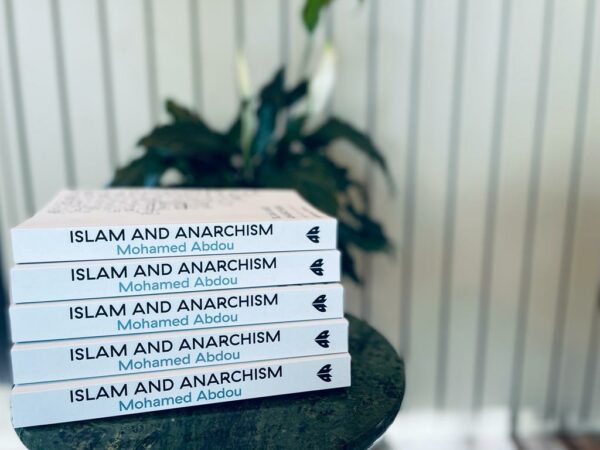
Discourses around Muslims and Islām often lapse into a false dichotomy of Orientalist/Fundamentalist tropes. A popular reimagining of Islām is desperately needed and anarchist political philosophical traditions offer the most towards this pursuit. By constructing a decolonial and abolitionist, non-authoritarian and non-capitalist Islāmic anarchism, Islam and Anarchism philosophically and theologically challenges authoritarian and capitalist inequalities in the entwined imperial context of so-called post-colonial societies like Egypt, and settler-colonial societies (the U.S./Canada) that never underwent decolonization and are symbolically, historically, and materially interrelated.
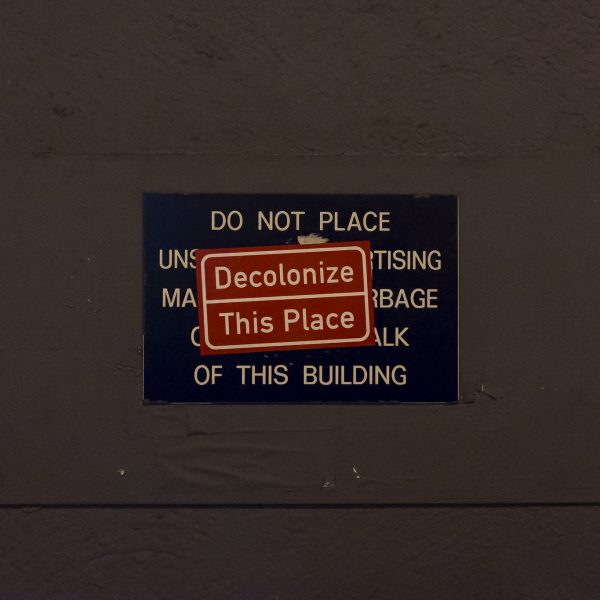
For Islamophobia as a concept to further come of age our critiques must incorporate more de-centering, more dis-orientation of the west.



